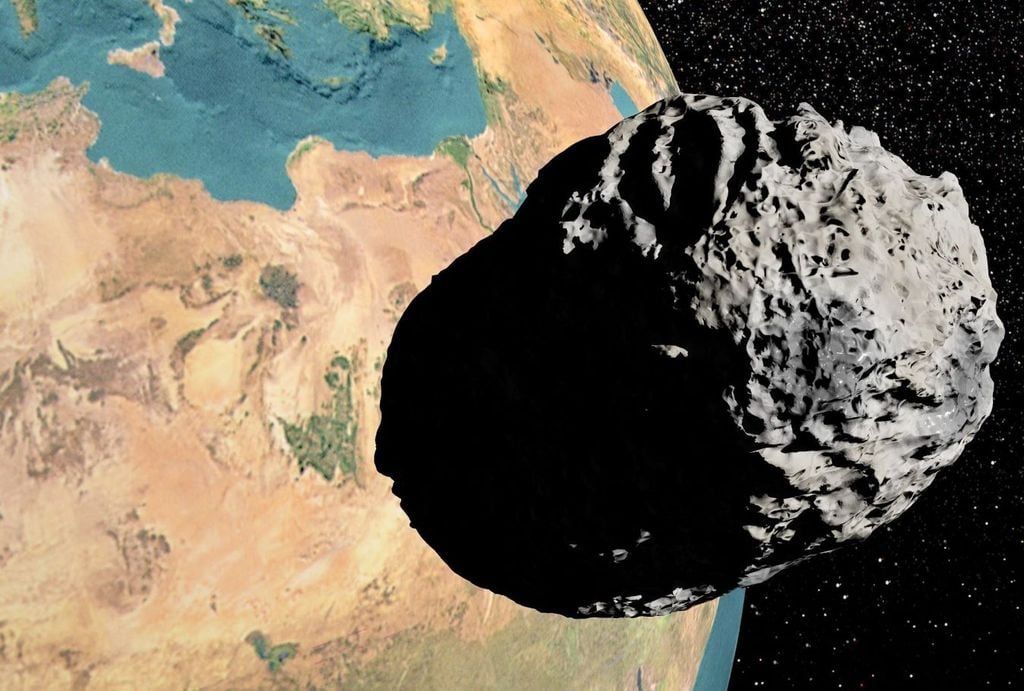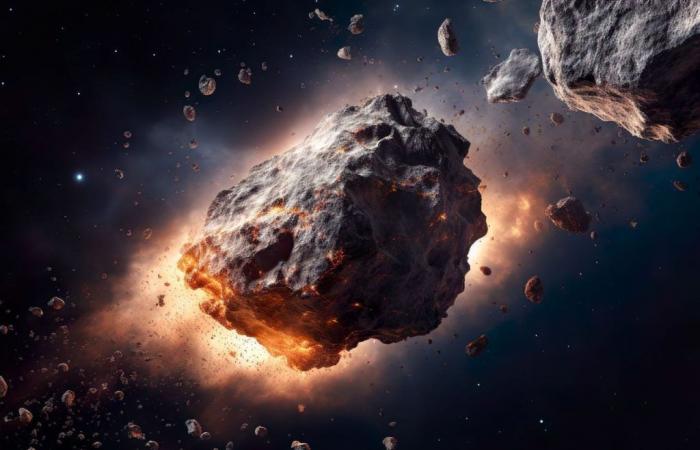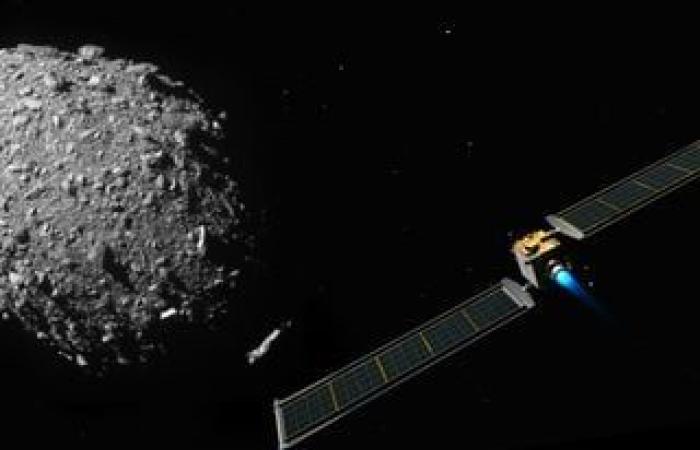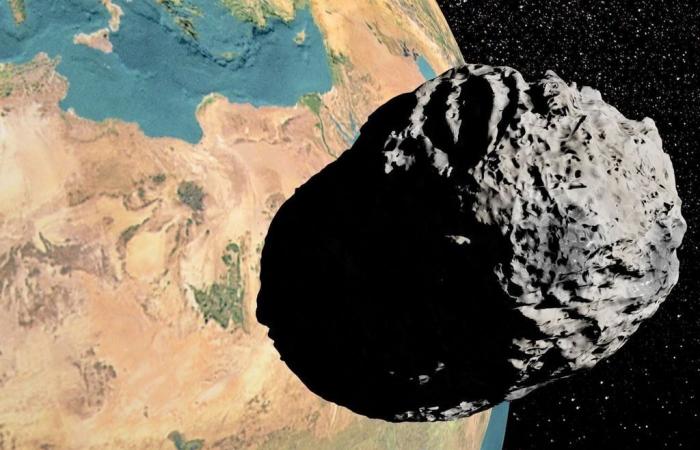99942 Apophis is a near-Earth asteroid, which means it is one of those asteroids whose orbit circles around our astronomical neighborhood. These particular celestial bodies are widely studied and monitored because they can pose a danger to our planet, since Their orbits intersect with those of the Earth and therefore they can end up colliding with the Earth.
Our asteroid is also part of the asteroids Atonwhich are also part of the near-Earth asteroids characterized by a orbit with a semimajor axis less than one astronomical unitwhich is nothing other than the average distance between the Earth and the Sun, the exact value of 149,597,870,707 meters.
An extremely rare event! Not to miss it
Furthermore, since Apophis orbits the Sun with an orbital period of approximately 323 days, Its orbit crosses that of the Earth twice in each revolution.
Years ago, this particular asteroid caused quite a bit of concern, in fact, according to some calculations made in December 2004, the asteroid would have had a relatively high probability of colliding with Earth in 2029. The impact probability calculated on this occasion was 2 .7%, or 1 out of 37.
In the following years, this asteroid continued to be analyzed and, fortunately, in 2021 any possibility of impact in the next 100 years was excludedbut this does not mean that this celestial object should not continue to be carefully monitored.
Furthermore, according to the European Space Agency (ESA), its passage in April 2029 will be one of the rarest space events of our life.

Apophis was discovered exactly 20 years agoon June 19, 2004, at the Kitt Peak National Observatory, in USAand its flyby will take place precisely on April 13, 2029, reaching the point of greatest distance from our planet at 11:45 p.m. CEST.
The asteroid will pass very close to us, only 31,600 km, over the Atlantic Ocean, a distance smaller than that of geostationary satellites, which is almost 36,000 km.
Neither it is a very small asteroid; in fact, it is larger than 90% of the near-Earth asteroids known so far, with a diameter of about 375 meters, or the length of three football fields.
We will have to continue monitoring the asteroid
Therefore, April 2029 event will be an extremely rare event. ESA scientists also compared the impact craters of several celestial bodies in the Solar System with the orbits and sizes of all known asteroids. These analyzes led them to the conclusion that an asteroid the size of Apophis comes so close to Earth only once every 5,000-10,000 years.
In short, it is truly an event not to be missed!
However, as we said before, it will be necessary continue monitoring this asteroid because it is true that it will not impact either the Earth or the Moon until 2029, but that does not mean that in the future it will not collide with another smaller body capable of slightly modifying the trajectory and therefore making a possible impact possible.









